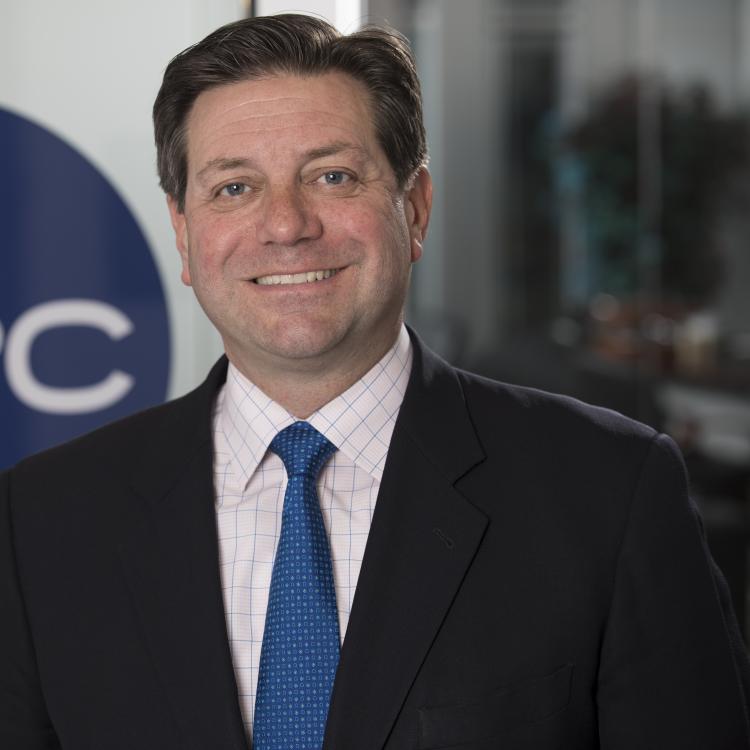States are getting creative about how they can meet the health care needs of their citizens, especially when it comes to curative treatments for conditions with a high rate of prevalence. More recently, Louisiana became one of the first states to adopt a subscription model — what’s been termed the “Netflix” model for short — as a way to get more hepatitis C treatments to the people in greatest need.
Like Netflix — where you can watch all of the movies that you want each month for one price —Louisiana worked out a fixed-cost, five-year contract with Gilead Science’s authorized generics subsidiary, Asegua Therapeutics, to access all the hepatitis C medicines it needs. Washington state followed suit weeks later by announcing an agreement it reached with AbbVie to provide hepatitis C treatments for the roughly 25,000 patients covered by its Medicaid program.
It’s likely that Louisiana and Washington are just the start of a broader financing trend by states. The Netflix model is just one of several financing approaches that states and other organizations are testing as a way to make sure their health care dollars are being spent more efficiently and effectively, while providing patients with access to innovative, curative therapies. In his latest column for Specialty Pharmacy Times, NPC President and Chief Executive Officer Dan Leonard explores new financing models and how to overcome barriers to their implementation.
>> Read his column in Specialty Pharmacy Times.
